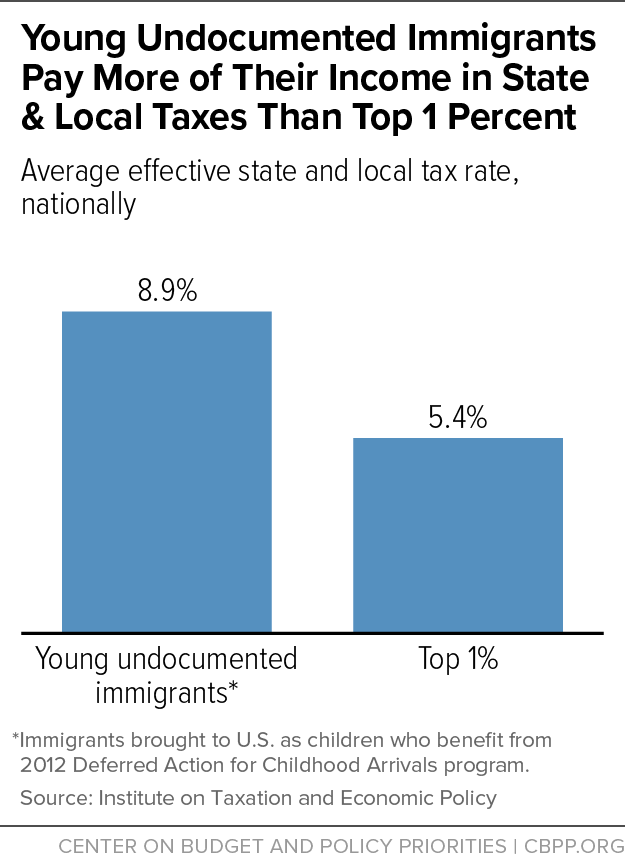Lobbying groups trying to block a path to citizenship
Susan Ferriss. Senior Reporter, Center for PublicIntegrity
INTRODUCTION
Prepare for a new era of debate over immigration. Should the Democratic-controlled Congress legalize undocumented workers and revamp the visa system? How will the Biden administration address root causes of Central American migration while meeting U.S. obligations to fairly consider asylum claims?
Organizations
pushing to dramatically reduce immigration are already in the thick of it
all.
Some of these immigration-restriction groups have suffered image problems after research revealed a key founder’s racist anxiety over immigration from Latin America and other uncomfortable ties.
Today, these groups often
disseminate false claims arguing that too many immigrants are unskilled to
contribute to the economy and that immigration is responsible for decades of
decline in overall American wage rates.
During the
Trump years, the Center for Public Integrity dissected contrived and false claims blaming immigrants for
wage decline.
Nevertheless,
groups such as NumbersUSA, the Federation for American Immigration Reform and
the Center Immigration Studies have great reach, according to Muzaffar Chishti, a policy expert at the Migration
Policy Institute, a think tank. For years, the groups have torpedoed proposals
to legalize undocumented workers and Dreamers, who came here as children.
“They jammed the fax machines at Congress,” Chisti said, to pressure Republican lawmakers to turn against then-President George W. Bush, who supported legalization.
Despite
hardening anti-legalization among the GOP, polling over the years has
found strong majorities support a conditional path to legalization. Labor unions and
U.S. business groups have long lobbied for such a policy. Chishti points out
that only 5,000 immigrant visas are available a year to fill so-called
lower-skilled but essential jobs that could include farm work or home elder care.
“The laws of
supply and demand are working magically,” Chishti said, “except that illegal
channels are used to meet them.” Employers have paid little price for hiring the
undocumented.
The pandemic
has heightened Americans’ awareness that immigrants fill many essential jobs, Chishti said. But the Federation for
American Immigration Reform is already mobilizing followers to oppose
legalization efforts. FAIR officials did not respond to requests for
comment.
The group has
called out GOP lawmakers in the House of Representatives who
voted with Democrats to pass two bills that would legalize Dreamers and farmworkers
— if the Senate were to approve the legislation, too.
The Center for
Immigration Studies, whose staff was close to anti-immigrant Trump adviser
Stephen Miller, is on the case, too. A 2020 report linked immigrant workers
to overcrowded housing, where the coronavirus can spread
easily.
Mark Krikorian,
the group’s executive director, said that any amnesty for Dreamers or others
should be offset by reductions in other immigrant visas. If Dreamers are
allowed to legalize, he thinks legislation should also prohibit them from ever
sponsoring their undocumented parents for legal status in the future.
Another report
the group issued recently acknowledges that undocumented workers have poured
billions of dollars into Social Security and Medicare funds to which they have
no access. If they’re legalized, the article warns, the immigrants could be allowed to
eventually tap into funds they’ve helped prop up.
The author of
that piece, Center for Immigration Studies resident scholar Jason Richwine,
said in an email that the report’s purpose was “to show that amnesty would turn
that positive fiscal effect into a large negative effect.”
Chishti said
Richwine’s piece reminded him of an immigration official’s remark from decades
ago: “Our immigration policy is half open door, half open wallet.”
In other words,
Chishti said: “We don’t keep them out completely. But we don’t pay them
completely, either.”
Susan Ferriss is a senior
reporter at the Center for Public Integrity. She can be reached at sferriss@publicintegrity.org . Follow her on Twitter @susanferriss.
